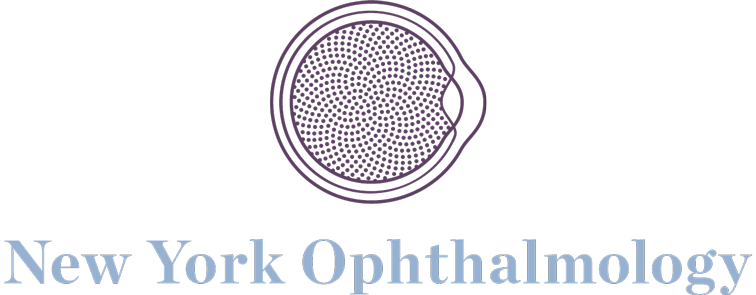By now we all know we can slow the spread of Coronavirus by avoiding touching your eyes, nose, and mouth. There is a lot more you can do to protect yourself and others too. Let us discuss in detail why we need to protect our eyes during…
Ophthalmology
Frequently Asked Questions on Glaucoma
Glaucoma is a serious disease. The sad part is that it has no cure and vision loss, cannot be restored. It is the world’s leading cause of blindness. Why? Because it has no symptoms in its early stages. The majority of the people with glaucoma do not know they have it! However, timely diagnosis…
Glaucoma: The Silent Vision Thief
Glaucoma is one of the leading causes of blindness. And yet, once detected, it can be slowed in most cases—sometimes via surgery. The vision that is lost, however, cannot be restored. Most cases of glaucoma develop slowly, with a gradual loss of peripheral (or side) vision. However…
What are The Tiny Black Spots in My Field of Vision?
Do you know experiencing tiny black spots in your field of vision is a common problem faced by everyone at some point? These tiny spots are known as floaters. Floaters appear like a strand of thread or tiny dots swimming in your field of vision. They are frequently seen in bright light…
20/20 Vision – It’s NOT What You Think!
Having 20/20 vision does not necessarily mean you have perfect vision. 20/20 vision is a term used to express the clarity or sharpness of vision measured at a distance of 20 feet. What Does 20/20 Vision Actually Mean? It means that you can see clearly at 20 feet what should normally be seen at that distance. If you have 20/60 vision, it means that you must be as close as 20 feet…
Femtosecond Laser-Assisted Cataract Surgery
Do you often wonder how common are cataracts among the elderly? Let’s do a little math. By the age of 80, more than half of Americans will either have a cataract or have undergone cataract surgery. Annually, more than 3.5 million cataract surgeries are performed every year in the United States. Technology is evolving day by day. With machines taking place in the medicinal world…
Cataract Surgery: Understand Your Options
Did you know annually there are 3 million cataract surgeries performed in the United States? Why Cataract Surgery is Needed? Cataract causes blurry vision and compromises the vision in bright lights. Your ophthalmologist may suggest cataract surgery in two scenarios. IOLs are intraocular lens. These lenses improve the vision by focusing light on the back of your eye. The good news…
Preventing Eye Injuries at Home
Where do you think most eye injuries occur? At construction sites? Recreational sports? The answer is in your own home. Nearly half of all eye injuries each year occur in and around the home. What’s more, home-based eye injuries are on the rise. When an ophthalmologist in the Bronx, Queens, Manhattan or Brooklyn, or…
Tips for Choosing an Ophthalmologist
Besides getting recommendations from friends or family, the most common way people find ophthalmologists is through online research. If you’re in the process of looking for an ophthalmologist in NYC, we offer several tips about what to look for when using the internet to search for eye doctors. Regularly visiting an ophthalmologist for preventive eye…
The Risk of Not Treating Cataracts
Cataract surgery is one of the most commonly performed types of eye surgery. Left untreated, cataracts can lead to vision impairment, vision loss, and even blindness. The World Health Organization reports that cataracts are the leading cause of blindness in the world. One of the goals we have at New York Ophthalmology is providing accurate information that…
